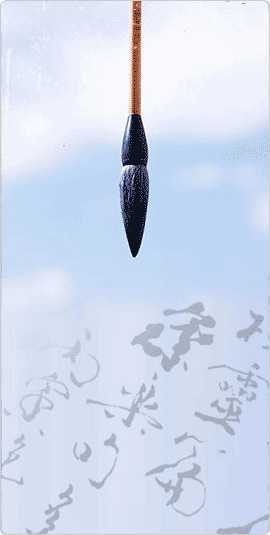Newsletter
To subscribe eChineseOnline Chinese language newsletter, please sign up now or send email to: subscribe-to-newsletter@echineseonline.com.

General Chinese (Intermediate)
The 80s vs. The 90s in China

Learn Chinese Culture-The 80s and the 90s in China.
Recently the comedy routine “人人都爱80后 (Rén Rén Dōu Ài Bā Líng Hòu) Everyone loves 80s Babies”, created by the Band Flower, has become popular among young people in China. The comedy routine expresses how 80s Babies behave in society and the way they interact with others. “80后 (bā líng hòu) 80s Babies” refers to people who were born in the 1980s. They love to wear cartoon T-shirts and play with transformers; they use Internet Emoticons to communicate with their friends; they also like to talk with their friends on the telephone. Many 80s Babies are comparatively stronger than those much younger “90后 (jiǔ líng hòu) 90s Babies.”
“90后 (jiǔ líng hòu)” are those who were born in the 1990s. They love to draw pictures on their school uniforms and play PSP. They has been influenced by internet greatly. Most of them like to use “Martian Language (a type of language that is combined with facial expressions)” on the internet. They are very curious about everything and easily accept new concepts. They are confident and open-minded, but sometimes they are very sensitive.
Many people like to compare 80s Babies with 90s Babies. Actually, because people have different characteristics in different environments, both these two groups have likeable and not so likeable qualities. We can not expect 80s Babies nor 90s Babies to be perfect, either. If we have an open-minded attitude, we can learn much from these lovely young people!
Key Learning Point:
后 (hòu): n. A regular collocation is formed when it appears after time (usually the time is a certain decade) to show that a group of people were born in that decade.
Example:
Xiǎo Míng shì gè diǎnxíng de jiǔlínghòu; tā tèbié xǐhuān yòng huǒxīngwén xiě bókè.
小 明 是 个 典型 的 九零后;他 特别 喜欢 用 火星文 写 博客。
Xiao Ming is one of the typical 90s Babies; he loves to use Martian Language when he writes blogs.
Recently the comedy routine “人人都爱80后 (Rén Rén Dōu Ài Bā Líng Hòu) Everyone loves 80s Babies”, created by the Band Flower, has become popular among young people in China. The comedy routine expresses how 80s Babies behave in society and the way they interact with others. “80后 (bā líng hòu) 80s Babies” refers to people who were born in the 1980s. They love to wear cartoon T-shirts and play with transformers; they use Internet Emoticons to communicate with their friends; they also like to talk with their friends on the telephone. Many 80s Babies are comparatively stronger than those much younger “90后 (jiǔ líng hòu) 90s Babies.”
“90后 (jiǔ líng hòu)” are those who were born in the 1990s. They love to draw pictures on their school uniforms and play PSP. They has been influenced by internet greatly. Most of them like to use “Martian Language (a type of language that is combined with facial expressions)” on the internet. They are very curious about everything and easily accept new concepts. They are confident and open-minded, but sometimes they are very sensitive.
Many people like to compare 80s Babies with 90s Babies. Actually, because people have different characteristics in different environments, both these two groups have likeable and not so likeable qualities. We can not expect 80s Babies nor 90s Babies to be perfect, either. If we have an open-minded attitude, we can learn much from these lovely young people!
Key Learning Point:
后 (hòu): n. A regular collocation is formed when it appears after time (usually the time is a certain decade) to show that a group of people were born in that decade.
Example:
Xiǎo Míng shì gè diǎnxíng de jiǔlínghòu; tā tèbié xǐhuān yòng huǒxīngwén xiě bókè.
小 明 是 个 典型 的 九零后;他 特别 喜欢 用 火星文 写 博客。
Xiao Ming is one of the typical 90s Babies; he loves to use Martian Language when he writes blogs.



